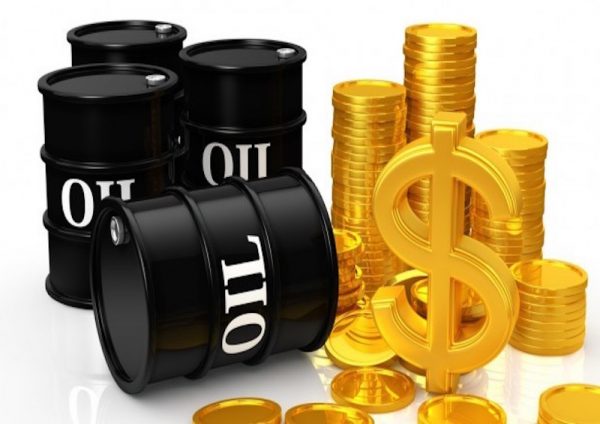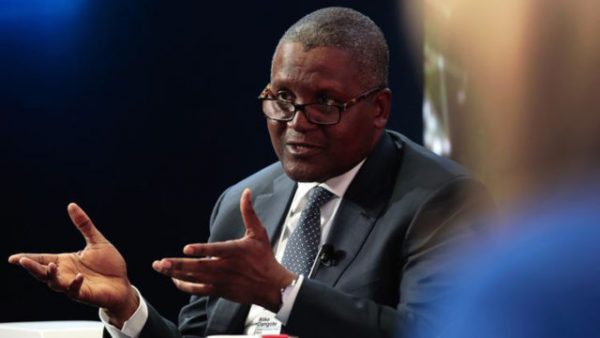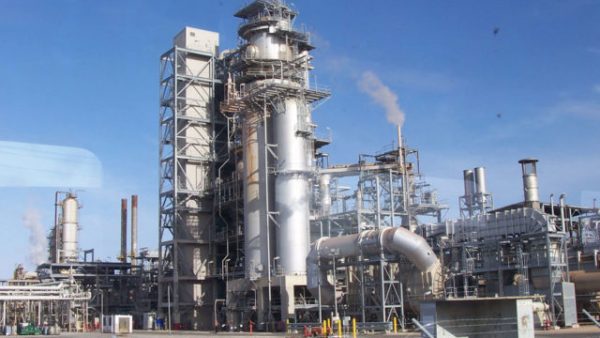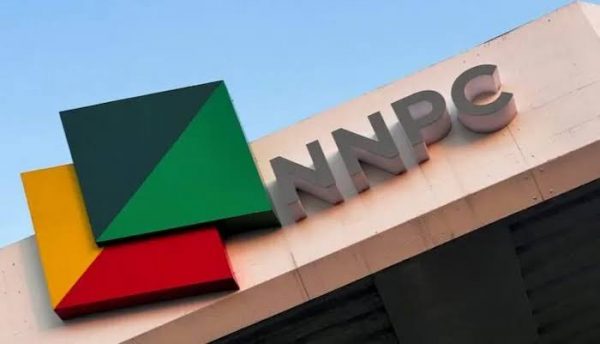Oil Prices Plummet After Diezani’s Appointment
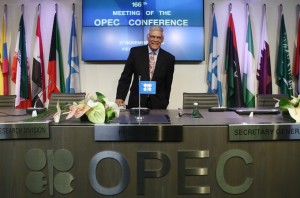
After weeks of speculation, the Organization of the Petroleum Exporting Countries (OPEC) confirmed Thursday that it will not be cutting oil production at the 166th OPEC Conference. The move sent the price of oil plummeting throughout the day.
“Accordingly, in the interest of restoring market equilibrium, the Conference decided to maintain the production level of 30 mb/d, as was agreed in December 2011,” reads a statement from the cartel.
As mentioned, the news sent oil prices tumbling, with both West Texas Intermediate (WTI) and Brent crude falling more than 4 percent, hovering at $69.05 and $72.58 respectively per barrel. Brent crude hasn’t fallen below $75 per barrel since September 2010.
“The lack of a cut from OPEC means we’re likely to remain oversupplied here barring some other potential move down the road from them,” said Chris Cox, an analyst with Raymond James. “It’s going to be some pretty challenging times I think for most oil producers,” the statement read.
Cox said it is tough to pinpoint a price that producers and investors will have to grow accustomed to seeing, but said a mid-$60 range for WTI isn’t out of the question.
“I think we’re getting close to a bottom on oil, but what that exact price is, is difficult to really say,” he said.
Record output from non-OPEC countries (largely the United States) has led to a slump in prices, with inventory that hasn’t been seen in decades.
“The Conference also noted, importantly, that, although world oil demand is forecast to increase during the year 2015, this will, yet again, be offset by the projected increase of 1.36 mb/d in non-OPEC supply,” reads the statement from OPEC.
In the opening address to the meeting, Abdourhman Ataher Al-Ahirish, Libya’s vice prime minister for corporations and president of the OPEC conference, pointed out that a stabilizing oil industry has been helped by a world economic recovery. However, he also said that several market fundamentals, including a rising American dollar, have helped play havoc with oil prices.
“Ample supply, moderate demand, a stronger US dollar and uncertainties about global economic growth have been key factors in this recent price trend. In addition, as OPEC has noted in the past, the impact of speculative activity in the oil market has also been an important factor,” he said. “Nevertheless, it is important to recognize that if the recent price trend continues, the long-term sustainability of capacity expansion plans and investment projects may be put at risk.
As fallout of OPEC’s decision on Thursday not to cut output, some economies of major oil producing nations like Iran, Russia, Nigeria and Venezuela will surely be severely affected.
Following the meeting, Russian Minister of Finance Anton Siluanov said that Moscow needs to review its state budget under the conditions that oil prices are likely to remain at around $80 per barrel, and not $100 per barrel, for the next few years.
“We need to build our fiscal and economic plans on the basis of new macroeconomic conditions, which in our opinion are not going to change quickly,”
The head of the Russian Finance Ministry’s strategic planning department, Maksim Oreshkin, said “This situation once again confirms our position that Russian budget projections need to be adopted to new oil prices, which could remain [at a substantially lower level] for a long time,” he said, adding that this means a tougher approach to public spending and possible optimization.
Oil could even fall below $70 per barrel, which may negatively impact Russia since the Ruble is closely connected to oil prices, market analyst at Alpari, Anna Kokoreva.
“Oil prices have all the chances of falling below $70 per barrel in the near future. It is a bad sign for the Russian economy. A further drop will trigger a new wave of Ruble devaluation and lead to a stagnation of oil production in the country,” she said. “In turn, the drop in national currency will accelerate inflation and the Ministry of Finance’s forecasts of two-digit values could become a reality.”
So, even if non- OPEC member nations like Mexico and Russia should cut their production output, it will have little or no effect on the market and may even cause more damage to their economies since the bigger players are all members of OPEC and have taken the step not to cause production output.
Meanwhile, the Nigerian Minister of Petroleum Resources, Mrs. Diezani Alison-Madueke was yesterday elected as the first female President of the OPEC at the 166th meeting of the cartel’s Conference in Vienna, Austria.
Mrs. Alison-Madueke takes over from His Excellency Abdourhman Atahar Al-Ahirish, Libya vice Prime Minister for Corporation and her tenure takes effect from January 2015. Before her emergence yesterday the Nigerian Minister was the Alternate President of the organisation.
The Conference also elected, Dr. Mohammed Bin Saleh Al Sada, Minister of Energy and Industry of Qatar and Head of its delegation as Alternate President.
Addressing newsmen shortly after her election, Mrs. Alison-Madueke said the US Shale oil and gas had a lot of impacts on all major oil and gas producing economies, stressing that it is a major game changer for all stakeholders in the energy mix across the globe.
She noted that in the months ahead, OPEC would provide a veritable platform for member countries to find a remedy and deal with the issue frontally, noting that there are no quick fixes to the sliding oil prices.
The new OPEC President stated that the burden of falling oil prices is impacting on both OPEC and non-OPEC member countries.
Mrs. Alison-Madueke said that the current trend would make Nigeria to look very stringently again at the Petroleum Industry Bill (PIB) already before the National Assembly to ensure that the enablers therein are explored to make it more competitive in the global energy market.
On the plans by the Federal Government to prepare for the global fall, she said Nigeria has no recourse at this point in time other than to fully develop her gas infrastructure for domestic use. Rising from the 166th Ordinary Conference, OPEC member countries decided that in the interest of restoring market equilibrium, current production level of 30 million barrels per day as was agreed in December 2011, should be maintained.



